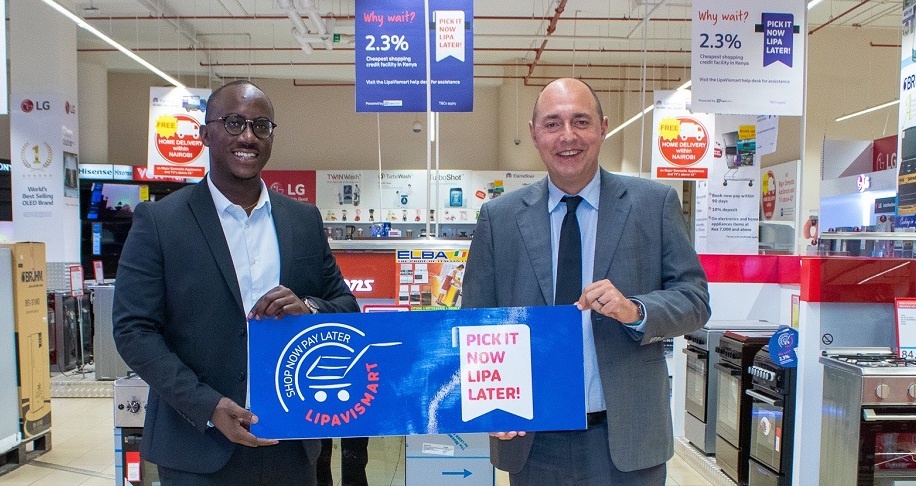Kenyan buy-now-pay-later (BNPL) startup Lipa Later has raised US$12 million from a consortium of investors to help it increase coverage in existing markets and expand into new ones.
Formed in 2018, Lipa Later leverages data analytics to provide consumers with access to convenient and affordable credit. Its proprietary credit-scoring and machine learning system enables a consumer to sign up and get a credit limit in seconds, without the need for bulky documentation and a lengthy approval process.
The startup had already expanded into Uganda and Rwanda off the back of a funding round at the start of last year, but it has announced an additional US$12 million, secured late last year, to help it expand within current markets and into new ones such as Nigeria, Ghana and Tanzania. It will also allow Lipa Later to provide its BNPL services to its substantial current pipeline of consumers.
The funding, which is a mixture of equity and debt, was secured from Cauris Finance, Lateral Frontiers VC, GreenHouse Capital, SOSV, Sayani Investments and Axian Financial Services.
“We are excited to be working with our investors as we look to grow and expand to more markets in Africa. In the next 12 months we are looking to grow and double our presence in the existing markets, even as we open in three to five new markets in Africa,” said Eric Muli, co-founder and CEO of Lipa Later.
Ruby Nimkar, partner at GreenHouse Capital, said Lipa Later was changing the consumer credit landscape across Africa, which to date has been largely inaccessible for most.
“They’ve done this in a truly product and customer-led way that benefits both merchants and consumers and has proven to be incredibly scalable across multiple markets,” she said.


